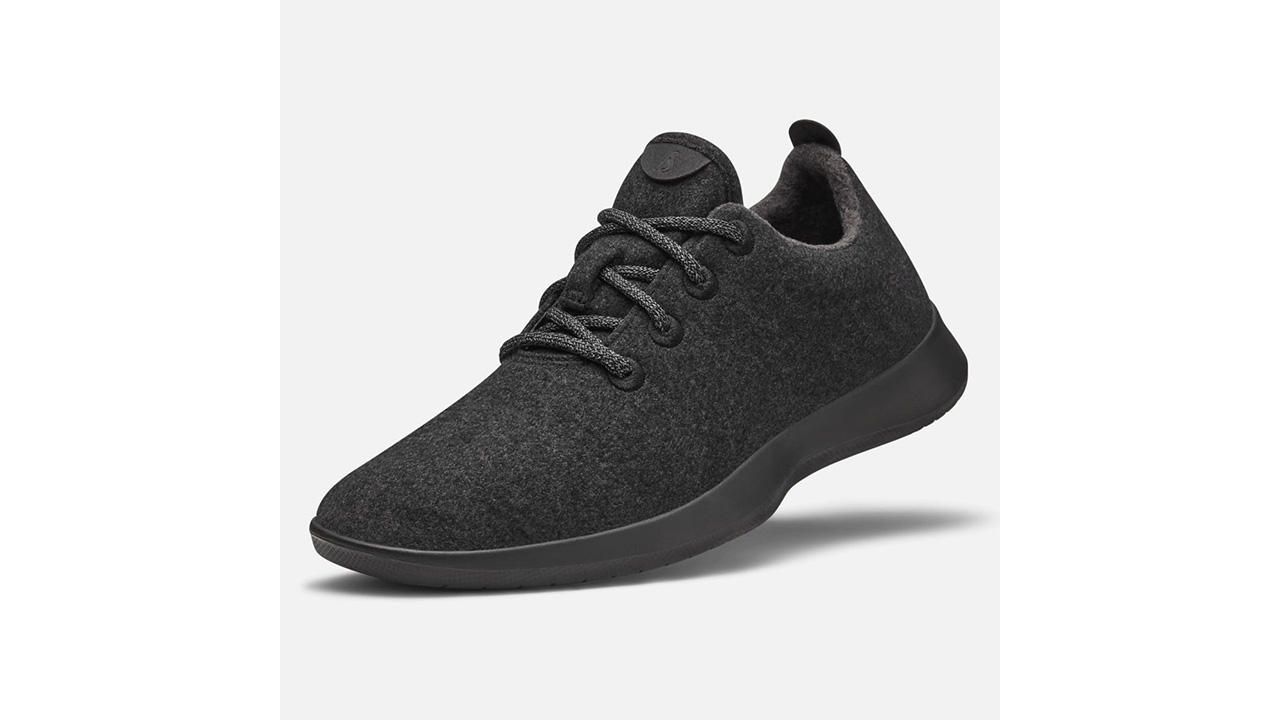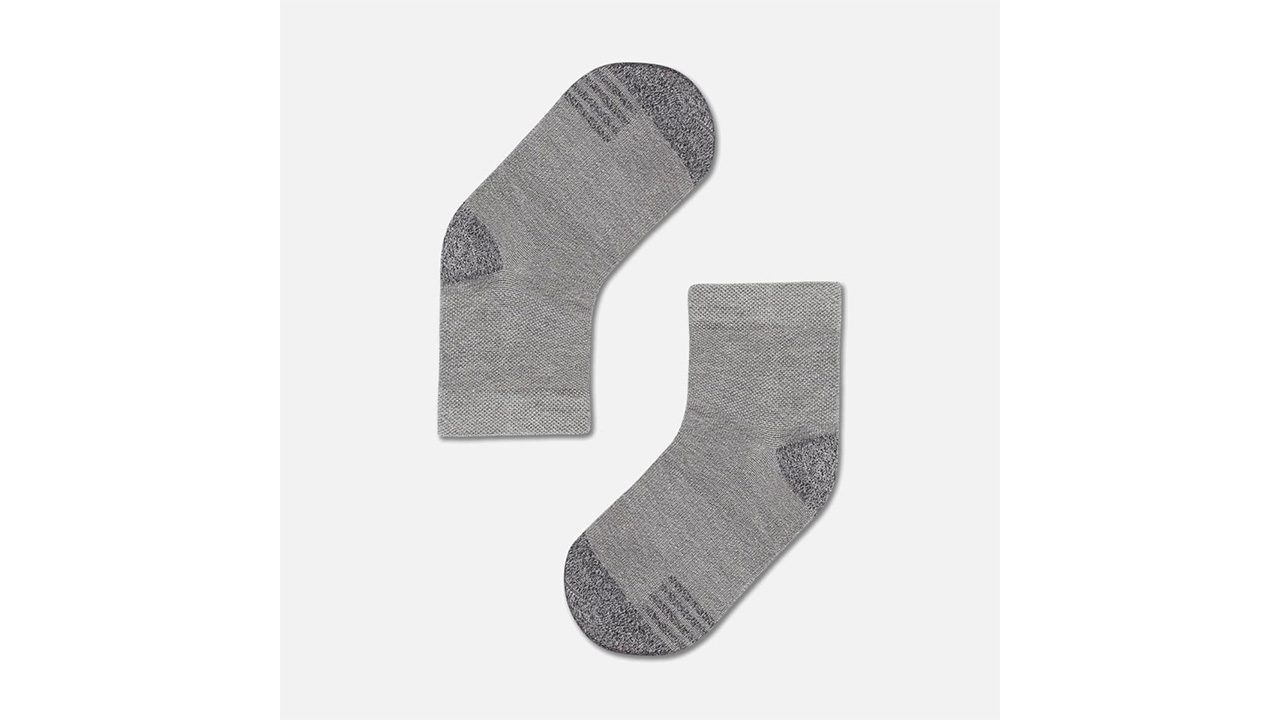Everything
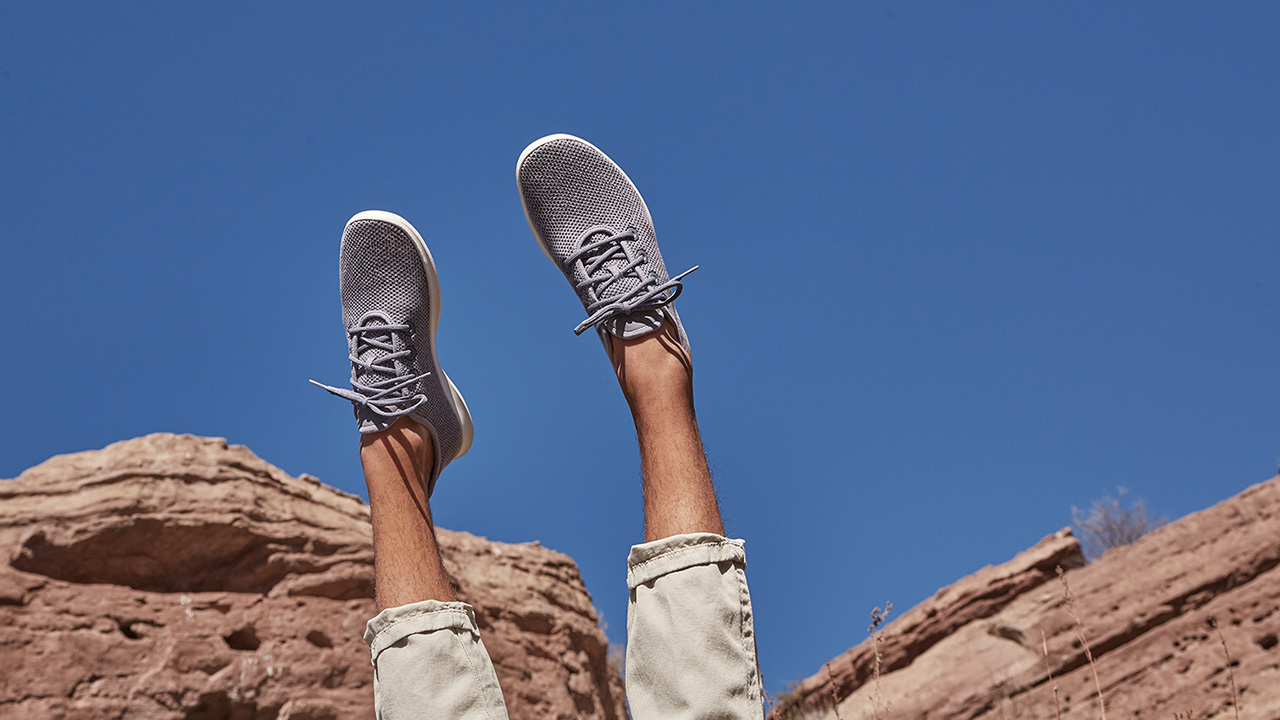
What does Barack Obama, Ansel Elgort, Leonardo DiCaprio and Matthew McConaughey have in common? Answer: They’re all wearing Allbirds.
In January 2019, New Zealand-born, San Fransisco-based sneaker start-up Allbirds was valued at a whopping $1.4 billion by Forbes. As a business based upon sustainability, its entrance into the mainstream sphere was unprecedented and after seven years in the saturated sneaker game, the company now counts a slew of A-listers as followers. For co-founder Tim Brown, he never imagined it would grow to such enormity but despite this, the sneakers can be found in outposts across the globe – and most recently in Auckland, New Zealand.
READ: EVERYBODY’S FAVOURITE SUSTAINABLE BRAND JUST RECEIVED A HIGH PERFORMANCE
Touching down in the island nation with the brand, it was clear just how popular the sneakers were across the Tasman Sea – and it Is easy to see why. Donning my own pair of grey Wool Runners, I had completed the international commute almost forgetting I was wearing shoes – case in point, very comfortable. And after a hugely successful debut design created from New Zealand-bread merino wool, the company looked to a mesh iteration, created from the meticulous innovation of tree fibre and for the occasion of Auckland’s new flagship store, sustainable socks were also launched into the brand’s offering
Sitting in an Auckland bar, ICON caught up with the entrepreneur and co-founder of Allbirds to chat sustainability, business and what it’s like to have a celebrity fan base.
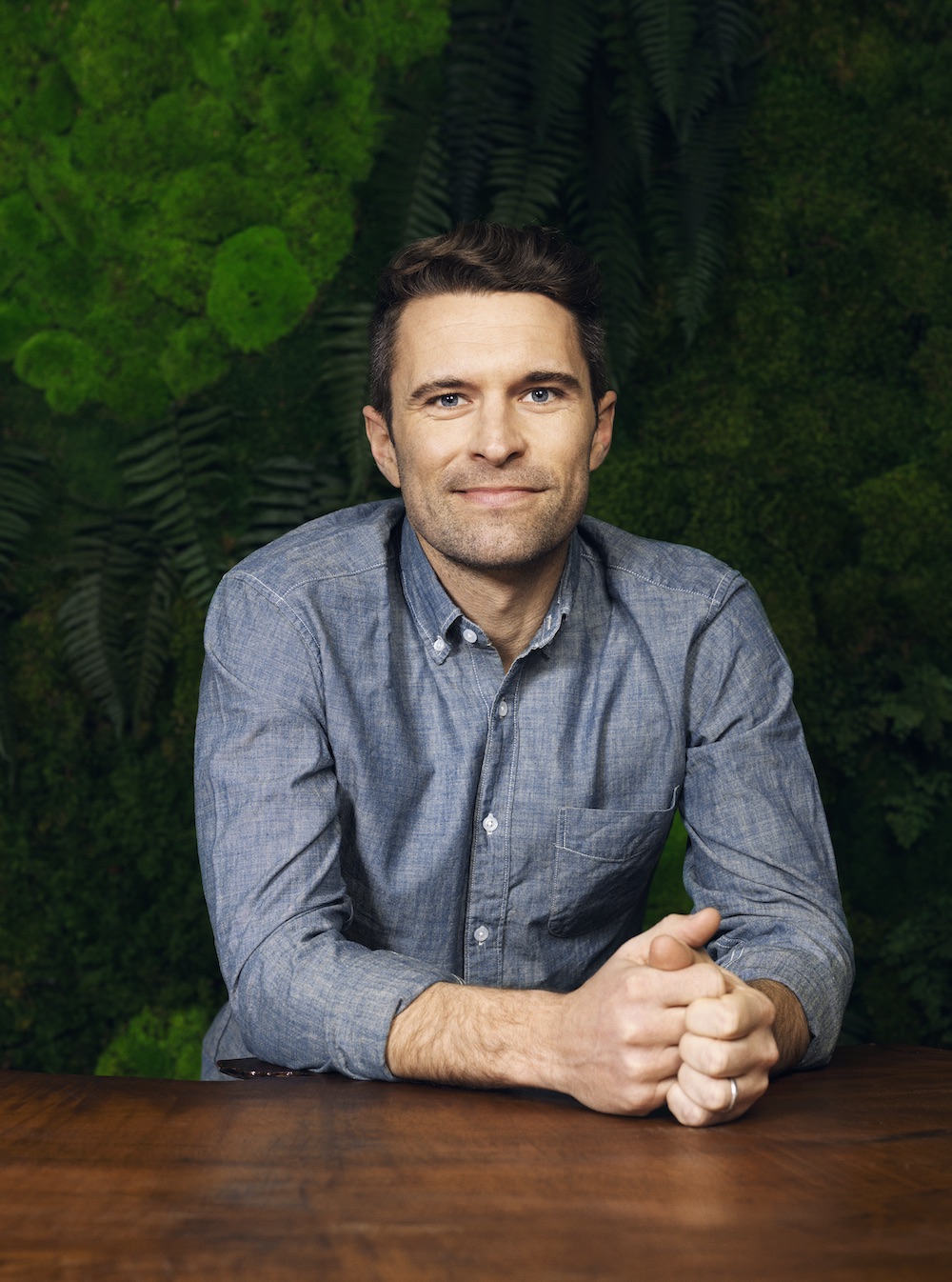
ICON: You were once a professional soccer player. What inspired you to move into designing footwear?
Tim Brown: “The very first insight around the business was the design, that’s what I studied at university and I guess one of the cool perks of playing professional sport was that I got lots of free gear… It was just the design insight that the footwear market was over designed, over logoed. And so this idea of this provocation, if you’re going to design a singular sneaker or singular form what would it look like. I knew nothing about footwear, the industry, I stumbled into this enormous category that’s incredibly old fashioned and antiquated in the way that it makes things, and realised it was an opportunity to make materials – a whole other journey around the idea that wool could be used as a material to make footwear – and subsequently Allbirds is now about other material innovations.”
ICON: What did the sport teach you that you could translate into business?
TB: “In many ways I think this is my first job coming out of sport, and professional sport was an incredibly pressurised environment so I think this idea of competitiveness is certainly something we brought into our business. We’re very young in a very competitive space and many, many people have tried to copy what we’re doing so the need for us as a business to continue to innovate is really, really important, so I definitely think that sport was a great training ground for that. This idea of the compounding effect of getting a little bit better every day is, you know neither Joey my co-founder or I knew anything about shoes, we came into the footwear industry and more broadly the fashion industry completely naively and had to learn very quickly. This idea that little small improvements compound over time and you can improve and you don’t have to be good at everything in context of a team sport, it’s varied by definition of lots of different talents and different ways of approaching the same thing that can mould it together…”
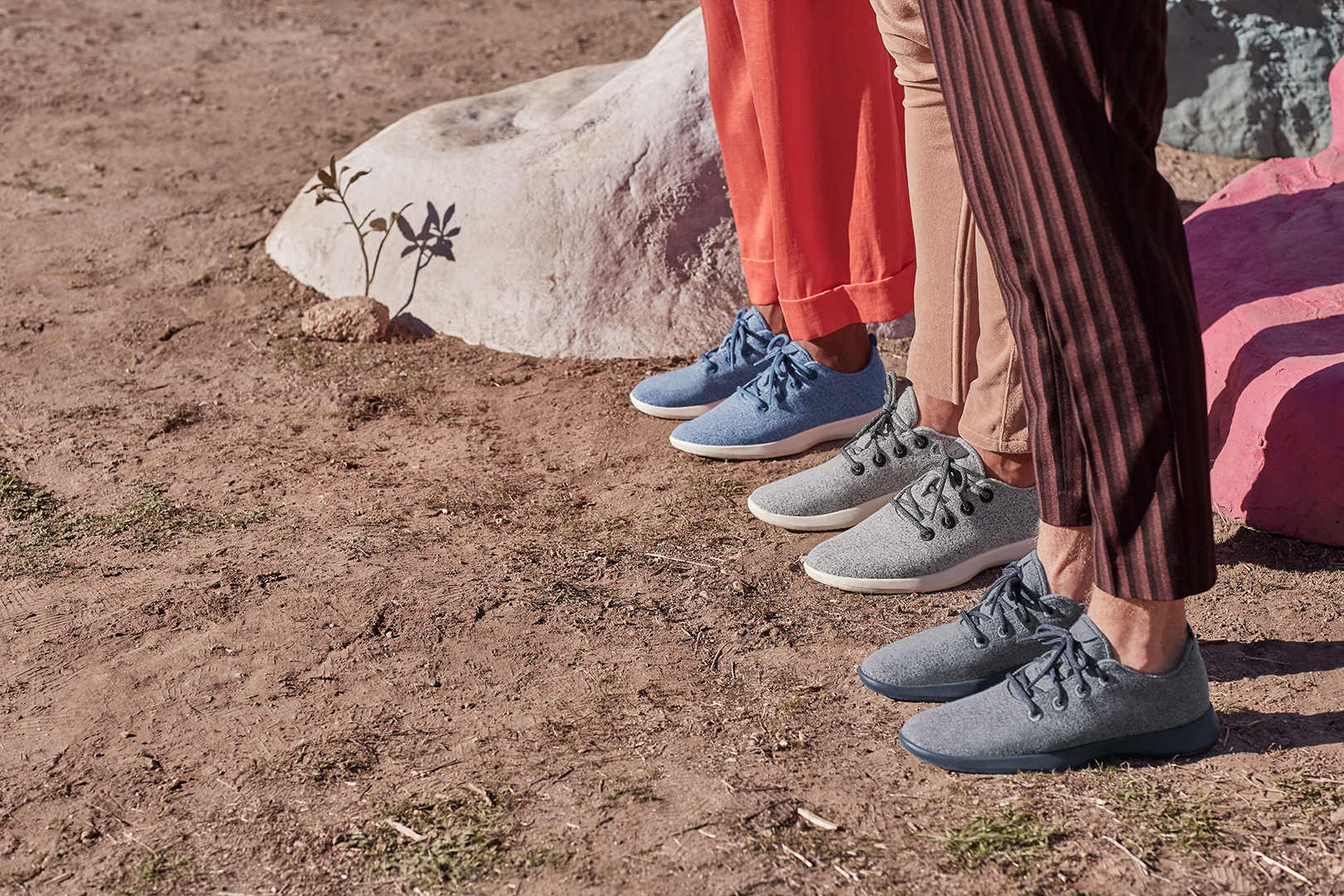
ICON: What were the first steps to making the idea a reality?
TB: “Studying. And I went to my first footwear factory in one of the off seasons and I very quickly tried to make something and failed and tried again and again and very quickly tried to sell them, and I think the sooner you can arrive at that moment of asking someone to put their hard earned dollars and give it to you for your product or service the more you’re going to learn and the better you’re going to be. I think it’s very easy to have an idea on paper, much, much harder to actually make something and even harder again to actually convince someone to pay for properly and so I think the ability to stick with that. And we did a crowd source campaign in 2014 and it’s just experiment after experiment, we went through more than 150 reiterations of our first shoe, maybe even close to 200 in terms of revisions and trying to get this thing right…”
ICON: You count Emma Watson and Barrack Obama as customers of All Birds. Talk to me about the moment you realised it had reached such a prolific audience. What does it mean to be from New Zealand but making it large overseas?
TB: “We had a call quite recently when Barrack Obama wore them to a famous basketball game, Emma Watson very early on her stylist reached out and she’s obviously deeply connected to the environment. Having Leonardo DiCaprio as an investor and really a partner on this journey has been pretty amazing, and we’ve done a bunch of work with him which has been cool. And then Matthew McConaughey – I think a couple of moments, Woody Harrelson was on a cover of the style section of The New York Times talking about his life and brought up Allbirds and how he’d brought a pair for his friend Matthew McConaughey because he loved them so much and that felt like it was not even a story we’d done it had somehow kind of infiltrated this conversation with these iconic figures. And then a phone call I got from my mum one day when Jacinda Arden the young Prime Minister of New Zealand met with the Australian Prime Minister for the first time and gifted him a pair of Allbirds, and the joke was he already had a pair … There’s been a long list of cool moments on this journey.”
obama wearing a bomber jacket and allbirds to the duke-unc game is the level i want to be at pic.twitter.com/PbZojgnTvW
— alexa (@alexabtn) February 21, 2019
ICON: Talk to me about the technology behind the sneakers. How long did it take to perfect the formula for the fabrics and the elements?
TB: “Years and years. We spoke to many different people in the wool industry and in the footwear industry that told us what we were doing couldn’t be done, and we literally had to invent materials from the yarn up. We are actually about to launch socks this week, that’s been an 18-month journey innovating on the yarn level and finding the right combination of eucalyptus and merino that could be used to make a sock in a different way, a better way. That intentionality and that relentless focus has been, I mean a the end of the day Allbirds is not a wool company, it’s not a footwear company, it’s a material innovation company and that’s been our core difference.”
ICON: You started as an e-commerce store but have recently moved into brick-and-mortar stores. In wake of the news that Barneys has filed for bankruptcy, does that worry you at all? Many critics believe retail is dying.
TB: “I think the narrative – we got back from the UK last week – this narrative of the idea of that high street retail is dying I think is greatly exaggerated, but I think bad retail, and I’m certainly not saying Barney’s was bad retail but I think in the words of the founder of Warby Parker … retail is not dying just bad retail is being challenged. And I think particularly in the context of footwear, people will want to try on your product, they want to touch the materials, they want to understand…”
ICON: As you have mentioned, Leonardo DiCaprio is an investor in your brand. Are you on a first name basis with the man?
TB: “Sure, we’ve spent some good time with one another. I think here’s a guy, it’s interesting, it feels like we’re close to or at a tipping point in the conversation around sustainability and some of the things that are happening around the world. Leo, started thinking about that in the early 90’s, he set up his foundation with a vision that I think is not always appreciated. We spent some time with the guy in the LA and I think we found someone who’s incredibly knowledgeable about the environmental movement and the environmental crisis.”
ICON: For some, the buzzword “sustainable” leads people to judge a brand’s aesthetic before thinking twice. Was this a challenge? How do you change that perception?
TB: “I don’t think we have. I think we’ve always been of the belief that people buy great products that are sustainable ones and often times sustainability is equated with more expensive and less good and we are growing confidence in the importance of speaking about sustainability … I don’t think this is about the customer waking up tomorrow and all of a sudden doing the right thing in every single decision they make or changing their behaviour, I think it’s become for businesses to find solutions making their products and services in net zero waste.”
Allbirds Men’s Wool Runners / $140 AUD SHOP NOW
Allbirds Trino Quarters Socks / $22 AUD SHOP NOW
ICON: Did you ever think it would grow to this enormity?
TB: “No, I honestly didn’t. I really didn’t. that being said, and I think it’s part of the San Francisco experience and probably more drawing on the experience of my co-founder, he imagines and plans for success even as we’re focused on very narrow and small execution. We’ve always imagined how we could make a really big impact and we’ve made those decisions, they’ve coloured the way that we build a supply chain so that if it did go well we backed ourselves. And I think certainly where we come from that’s not something we do particularly well and so this idea of backing yourself to be successful I think is something we’ve done.
ICON: What advice would you give new start-ups? Particularly in a saturated sneaker industry?
TB: “I’d seek lots of feedback, and if everyone’s telling you it’s a good idea, it’s probably not. And if everyone’s telling you it’s bad it probably isn’t. And somewhere in between is this ability to spot opportunities that people have overlooked … It’s an enormous category, there’s 20 billion pairs of shoes [made] a year and I think there’s a large amount of opportunity for innovation and doing things differently but I think this idea of entrepreneurship has been celebrated to the point of overlooking how hard it can be. I would go in with eyes wide open because it can be both the most excruciating and the most rewarding thing you might want to do.”
ICON: To run such a booming business, you have to rely on strong productivity. What do you do personally to stay on top of your work load? Are there any secrets to your success?
TB: “Going back to my sporting experience, you can’t be at peak fitness all the time, and rest is just as important as training and so you have to work really hard but you have to also be at peace with the fact you can’t do everything.”
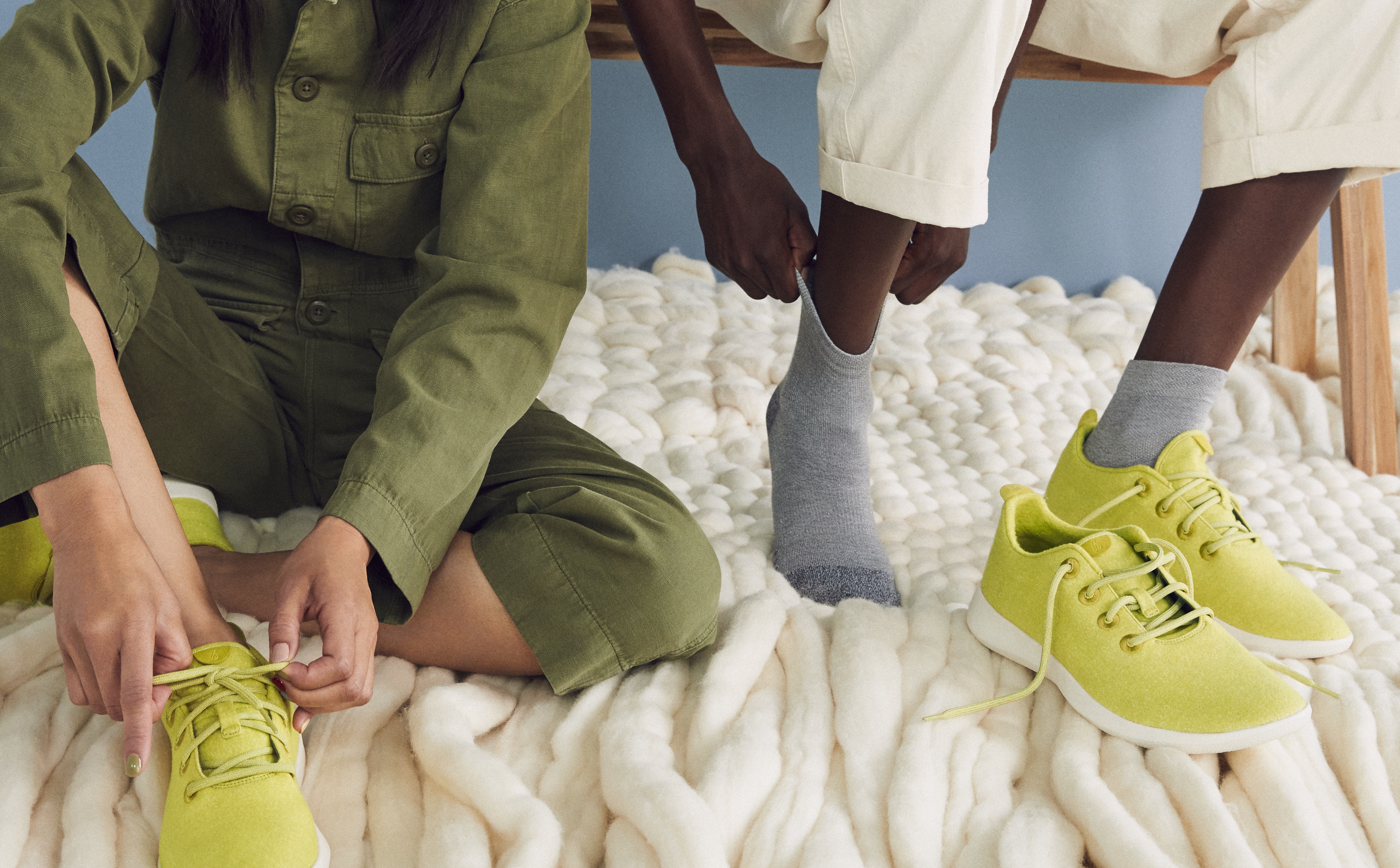
ICON: You have just launched sustainable socks into the Allbirds range, what’s next?
TB: “Lots of things, I think at the end of the day what I touched on how material innovation is at the core of what we’re doing and three years ago we’d go to our suppliers and we’d tell them that sustainability was a non-negotiable in the way that we were operating… What we’re seeing in a short space of time is that there is a global customer who is in Sydney, Melbourne, Auckland just as they are in Shanghai and London starting to demand to know how things are made or what they’re made of and so I think there’s an enormous opportunity for us as a brand, and it will be driven by materials.”
For more information on Allbirds and its range, visit the website here.
